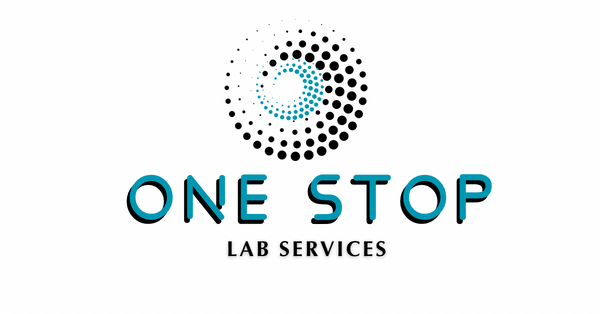In the vast landscape of legal documentation and transactions, there exists a crucial yet often overlooked figure—the notary. Notaries play a fundamental role in ensuring the authenticity, validity, and integrity of various legal documents and transactions. Despite their significant role, many people may not fully understand the importance of notaries and the essential functions they serve in our society.
The Foundation of Trust
At its core, the role of a notary is to act as an impartial witness to the signing of important documents. Whether it's a will, a real estate transaction, or a power of attorney, notaries provide an extra layer of assurance that the parties involved are who they claim to be and that they are entering into the agreement willingly and with full understanding.
One of the primary functions of a notary is to verify the identity of the signatories. This involves scrutinizing government-issued identification documents to ensure that the individuals signing the document are indeed who they claim to be. By doing so, notaries help prevent identity fraud and ensure that only authorized individuals are party to legal agreements.
Ensuring Document Authenticity
Beyond identity verification, notaries also verify the authenticity of the document itself. They confirm that the document being signed is the same one referenced in the agreement and that there have been no alterations or tampering. This meticulous attention to detail helps safeguard against fraudulent activities and ensures the integrity of legal documents.
Moreover, notaries often administer oaths and affirmations, adding a solemn declaration of truthfulness to the document-signing process. This further reinforces the legal validity of the agreements being entered into and underscores the importance of honesty and transparency in legal matters.
Protecting Against Fraud
In addition to verifying identities and authenticating documents, notaries also play a crucial role in deterring fraud. Their presence during the signing of important documents serves as a deterrent to fraudulent activities, as individuals are less likely to engage in deceitful behavior when a notary is present to witness the proceedings.
Furthermore, notaries keep detailed records of the transactions they witness, including the identities of the signatories, the type of document involved, and the date and location of the signing. These records serve as valuable evidence in the event of disputes or legal challenges, providing a clear and indisputable account of the transaction.
Global Importance
The significance of notaries extends beyond national borders, with many countries recognizing the importance of notarial services in facilitating international transactions. In an increasingly globalized world, notaries play a vital role in certifying documents for use in foreign countries, ensuring that they meet the necessary legal requirements and standards.
Whether it's authenticating international business agreements, verifying the validity of foreign powers of attorney, or certifying translations of legal documents, notaries serve as trusted intermediaries in cross-border transactions, providing peace of mind to parties on both sides of the agreement.
Conclusion
In conclusion, notaries are the unsung heroes of the legal world, quietly ensuring the integrity and validity of countless documents and transactions. From verifying identities and authenticating documents to deterring fraud and facilitating international transactions, notaries play a multifaceted role in upholding the principles of honesty, transparency, and trust in our legal system.
So, the next time you're signing an important document, take a moment to appreciate the vital role that notaries play in safeguarding the integrity of our legal agreements and transactions. Their meticulous attention to detail and unwavering commitment to upholding the law make them indispensable guardians of legal integrity in our society.

